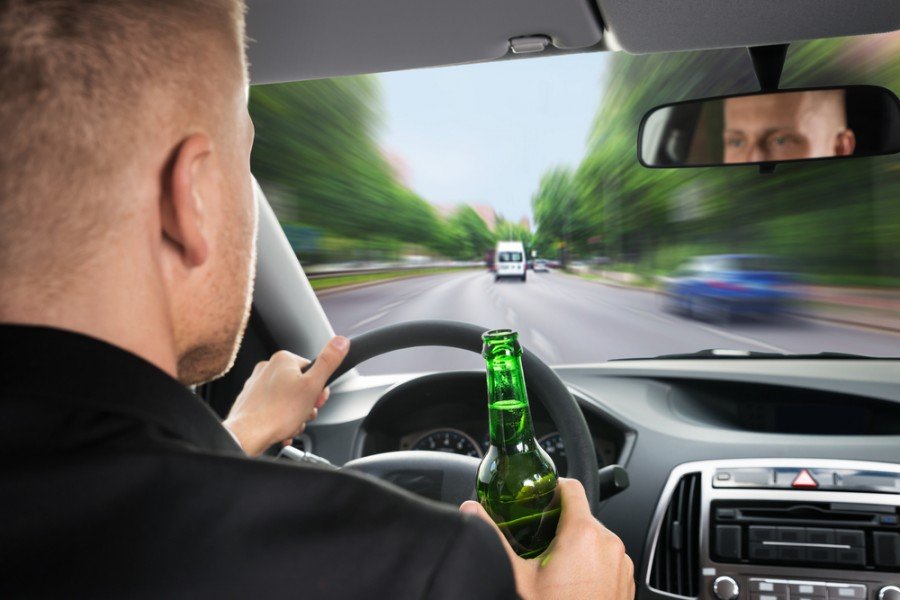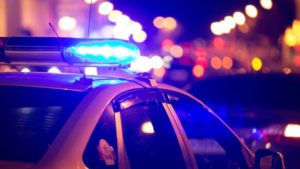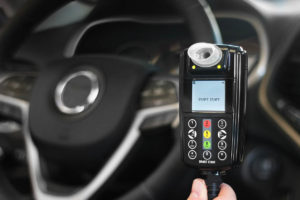Is drink driving a serious offence in NSW?
Yes. The courts take drink driving very seriously.
It will often be necessary to successfully defend a charge of drink driving if you wish to retain your licence or avoid a term of imprisonment.
What is a PCA offence?
PCA stands for ‘Prescribed Concentration of Alcohol’. A PCA offence is a drink driving offence.
Is drink driving strict liability?
Yes. Drink driving offences are strict liability offences. This means the prosecution does not need to prove that you knew you were, or intended to be, over the legal limit when you drove the vehicle. They need only establish that you were over that limit.
Once that is established, a drink driving offence can be very difficult to defend as most defences rely on the identification of weaknesses in the prosecution’s evidence.
What is the legal blood alcohol level in NSW?
Let’s take a look at the legal blood alcohol level in NSW.
BAC = Blood Alcohol Concentration.
Legal limit for drink driving NSW
- Learner and provisional drivers: 0.00
- Unrestricted licence holders: 0.05
NSW drink driving limits
What are the NSW drink driving limits?
Let’s take a look at low, mid and high range.
Low range drink driving NSW
BAC of greater than 0.05, but less than 0.08
Mid range drink driving NSW
BAC of 0.08 or more but less than 0.15
High range drink driving NSW
BAC of 0.15 or more
PCA offences NSW / Drink driving offences NSW
To do any of the following acts while you have a low, mid or high range BAC is an offence:
- Drive a motor vehicle
- Occupy the driving seat of a motor vehicle and attempt to put the vehicle in motion
- If the person is the holder of an unrestricted licence, occupy the seat next to a learner driver who is driving the vehicle
Drink Driving Penalties NSW
Penalties can include fines, licence disqualification/suspension or gaol, or any combination thereof.
The following table outlines the prescribed penalties for various PCA offences:
First drink driving offences
What happens if you get caught drink driving the first time?
| Offence | Max court imposed fine | Max gaol term | Min licence disqualification | Max licence disqualification | Automatic licence disqualification | Immediate licence suspension |
| High range PCA | $3,300 | 18 months | 12 months | Unlimited | 3 years | Yes |
| Mid range PCA | $2,200 | 9 months | 6 months | Unlimited | 12 months | Yes |
| Low range PCA | $1,100 | N/a | 3 months | 6 months | 6 months | No |
Second drink driving offences
What happens if you get caught drink driving twice?
| Offence | Max court imposed fine | Max gaol term | Min licence disqualification | Max licence disqualification | Automatic licence disqualification | Immediate licence suspension |
| High range PCA | $5,500 | 2 years | 2 years | Unlimited | 5 years | Yes |
| Mid range PCA | $3,300 | 12 months | 12 months | Unlimited | 3 years | Yes |
| Low range PCA | $2,200 | N/a | 6 months | Unlimited | 12 months | No |
What is the penalty for high range drink driving NSW?
A guideline judgment has been issued by the NSW Court of Criminal Appeal in R v Jurisic dealing with sentencing in the case of high range PCA offences. The judgment essentially states the following:
In the case of an ‘ordinary offence’ (defined below);
- For a first offence, a sentence that does not involve a conviction being recorded on the defendant’s criminal record will rarely be appropriate and the usual penalty is a fine and automatic disqualification.
- For a second or subsequent offence, a sentence that does not involve a conviction being recorded or a good behaviour bond is rarely appropriate. Where the previous offence or offences are also high range PCA offences a sentence of less than a community service order is generally inappropriate.
In the case of an offence that discloses ‘moral culpability’ (defined below):
- For a first offence, a sentence involving no conviction being recorded or a good behaviour bond is rarely appropriate and where there are a number of aggravating factors present to a significant degree, a sentence of less than imprisonment is generally inappropriate.
- For second or subsequent offences, imprisonment of some king is generally appropriate. If there are a number of aggravating factors present to a significant degree, or where the prior offence is a high range PCA, a sentence of less than full-time imprisonment is generally inappropriate.
What is an ordinary offence NSW?
An ‘ordinary’ high range PCA offence occurs where the driver:
- Drove to avoid inconvenience or did not believe they were over the legal limit
- Was discovered to be over the limit by a random breath test (that is, the discovery was not made due to erratic driving noticed by the police or due to the driver being involved in an accident)
- The driver is of prior good character with no, or only a minor, traffic record
- The driver’s licence was suspended on detection of the high range PCA offence
- The driver entered a plea of guilty
- There is little or no risk of the driver re-offending
- The driver will suffer significant inconvenience as the result of losing their licence
What does moral culpability mean?
Moral culpability is determined by assessment of the following factors in relation to the offence:
- The degree of intoxication above 0.15
- Whether the driver was driving erratically or aggressively
- Whether the vehicle collided with any other object
- Whether the driver engaged in competitive driving or showing off
- The length of the journey in which others were exposed to risk
- The number of persons actually put at risk by the driving
Offences related to drink driving offences
A number of offences are often associated with PCA offences.
Drivers are often charged with these offences in addition to a PCA offence if they are uncooperative with police officers.
First offences
| Offence | Max court imposed fine | Max gaol term | Min licence disqualification | Max licence disqualification | Automatic licence disqualification | Immediate licence suspension |
| Refuse breath test | $1,100 | N/a | No specific penalty. See general penalty provisions. | No specific penalty. See general penalty provisions. | No specific penalty. See general penalty provisions. | No |
| Refuse a breath analysis following arrest, or hinder or obstruct taking a blood sample | $3,300 | 18 months | 12 months | Unlimited | 3 years | Yes |
| Refuse to provide oral or blood sample | $3,300 | N/a | 6 months | Unlimited | 3 years | No |
| Failure on demand to provide blood/urine sample, or willfully alter result of same | $3,300 | 18 months | 6 months | Unlimited | 3 years | No |
Second or subsequent offences
| Offence | Max court imposed fine | Max gaol term | Min licence disqualification | Max licence disqualification | Automatic licence disqualification | Immediate licence suspension |
| Refuse breath test | $5,500 | 2 years | 2 years | Unlimited | 5 years | Yes |
| Refuse a breath analysis following arrest, or hinder or obstruct taking a blood sample | $5,500 | 2 years | 2 years | Unlimited | 5 years | Yes |
| Refuse to provide oral or blood sample | $5,500 | 18 months | 12 months | Unlimited | 5 years | No |
| Fail on demand to provide sample of blood/urine, or willfully alter result of same | $5,500 | 2 years | 12 months | Unlimited | 5 years | No |








